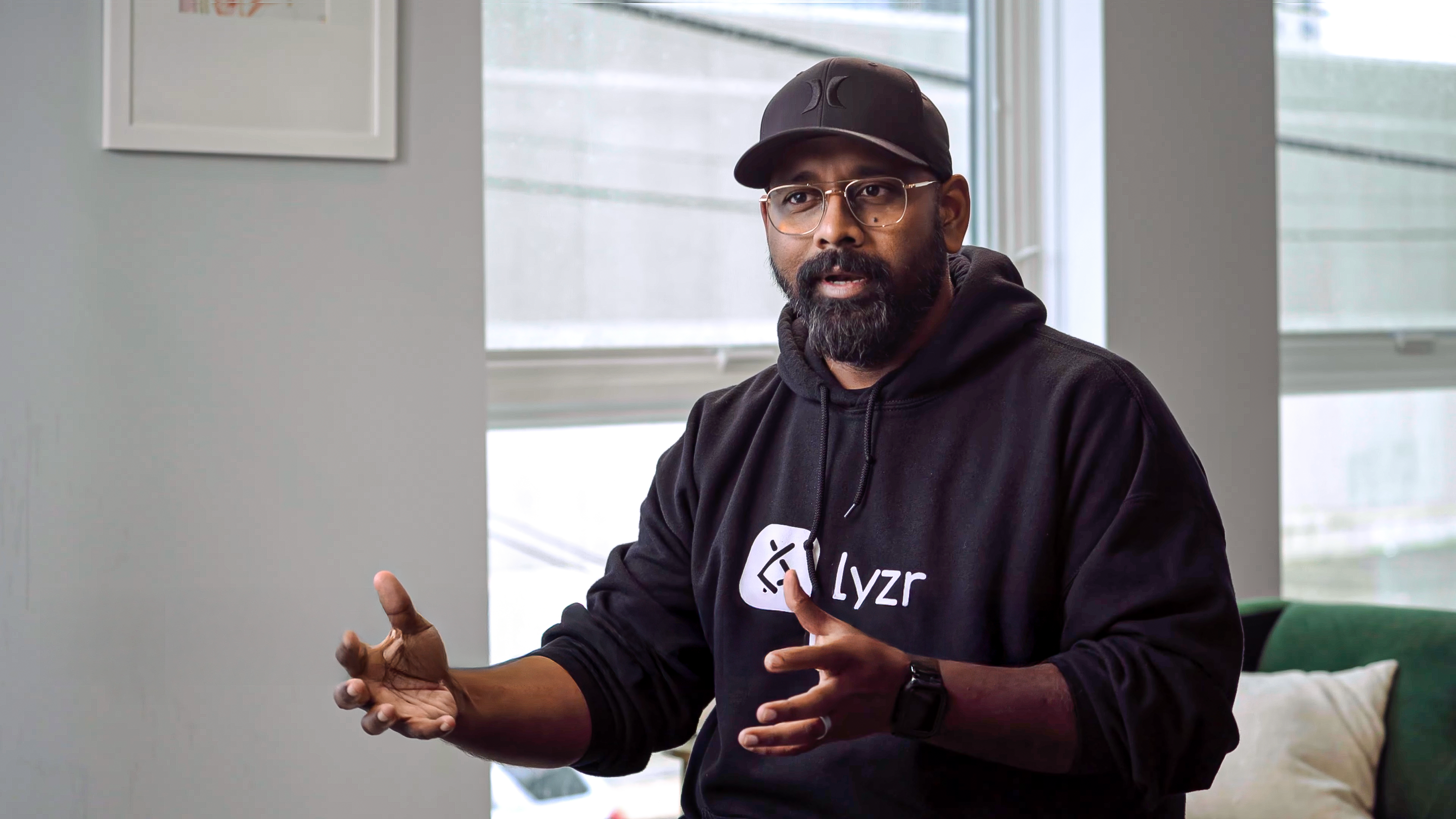From vehicle crashes to forceful takedowns, encounters with federal agents captured on cellphone video have gone viral amid the crackdown. Recent incidents have involved ICE as well as U.S. Border Patrol, whose agents are trained to catch drug traffickers and human smugglers in the deserts along the U.S. southern border. Now, though, many of those Border Patrol agents have been deployed on the streets of cities like Chicago.
Federal agents deployed tear gas on a crowd on Tuesday on the South Side of Chicago following a crash involving a federal vehicle. That use of tear gas prompted a federal judge Thursday to express concern and issue an order Friday that agents in Chicago wear body cameras in response to a lawsuit brought by several media organizations over allegations that forceful tactics were being used by federal agents against protesters and journalists.
“I’m glad that the judge is stepping up, doing the right thing,” Illinois Gov. JB Pritzker told reporters. “I think we’re going to see more cases brought against ICE and CBP.”
ICE and Border Patrol are part of the Department of Homeland Security. Sandweg says the rules of engagement for agents within DHS are “generally” the same as those for local law enforcement.
“The use of force policies for DHS are pretty consistent with law enforcement agencies around the country,” Sandweg said. “The use of force that you use needs to be reasonable to the threat that you face. You are required to try to de-escalate a situation first.”
Jerry Robinette, who has 34 years of law enforcement experience as a police officer and a special agent in charge for Homeland Security Investigations, an agency within DHS, said the situation is “stressful” for “both sides” – the protesters and the federal agents.
“The agents have a mission, and they’re only going to tolerate so much,” Robinette said. “And when somebody crosses that line, you know, the administration has pretty much given them orders that they are not to back down.”
Robinette said he believes the U.S. is in uncharted territory as it relates to these immigration raids and the protests that have stemmed from them.
“We’ve never had to deal with these kinds of extreme confrontations,” Robinette said. “You know, there have been isolated incidents, but nothing like we’re seeing today. And for us, obviously, this is something totally foreign to us.”



